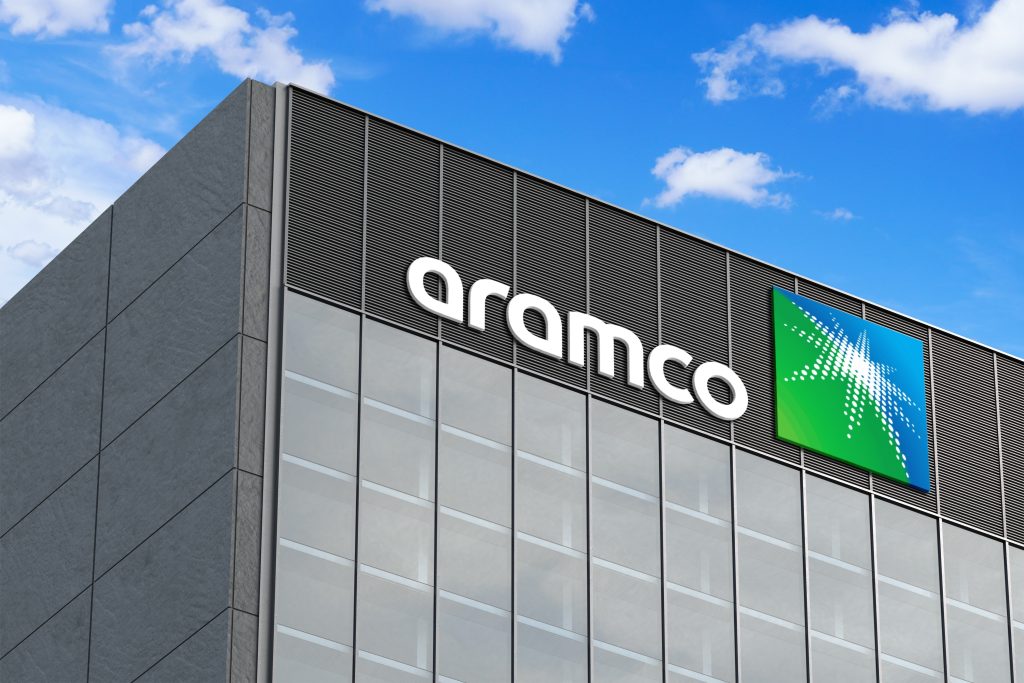As the largest oil and gas entity globally, Saudi Aramco is intensifying its collaborations with China in the realms of petrochemicals and sustainable solutions. This initiative is part of the company’s strategy to diversify its business operations while supporting the net-zero ambitions of China, the world’s top emitter of greenhouse gases.
“Our relationship with China has grown far beyond crude oil sales to develop into a more extensive, diversified and strategic bilateral collaboration,” stated Mohammed Al Qahtani, Aramco’s downstream president.
The intent is not only to continue bolstering China’s long-standing energy security, but also to find mutually beneficial opportunities that contribute to creating a leading, integrated downstream sector in China. This includes a focus on transforming liquids directly into chemicals efficiently.
Aramco is committed to increasing investment in China through integrated downstream projects that cover oil supply, refining, chemical production, and lubricants. The goal is to become a leader in converting liquids to chemicals and to supply oils with lower carbon intensity.
China, being Aramco’s largest client, purchases around 90 million tons of crude oil daily from the company based in Dhahran. With the global warming limitation target set by the Paris Agreement, China aims to peak its carbon emissions by 2030 and achieve net-zero emissions by 2060. Concurrently, Aramco has set its sights on reaching net-zero emissions by 2050.
The push for clean energy in China is expected to surge the demand for petrochemical materials, which are essential in producing solar panels and batteries. Aramco is also seeking partnerships to develop advanced technologies for emission reduction and invest in downstream projects to support China’s carbon neutrality objectives, which encompass heavy transport, alternative solutions, and carbon capture and storage.
In a move to foster environmentally friendly materials, Aramco, in partnership with the China Building Materials Academy, initiated Nexcel, an innovation center aimed at promoting the use of nonmetallic materials in construction. These materials, which have already been utilized in various infrastructure projects, serve as sustainable alternatives to traditional carbon-intensive options.
Al Qahtani emphasized the active exploration of joint development opportunities with Chinese entities for greenhouse gas emission reduction technologies. He highlighted that Aramco’s investments in China not only extend its downstream footprint but also reinforce its transition into liquids-to-chemicals, aligning with a country that is spearheading the integration of refining and petrochemical processes.
